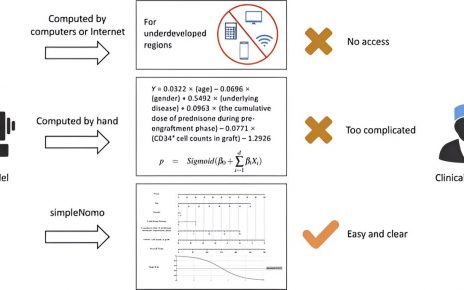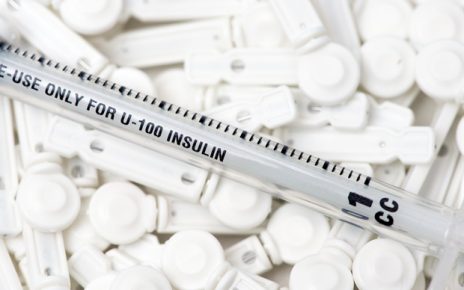Rensselaer Polytechnic Institute researchers have developed an accessible way to make N95 face masks not only effective barriers to germs, but on-contact germ killers. The antiviral, antibacterial masks can potentially be worn longer, causing less plastic waste as the masks do not need to be replaced as frequently.
Helen Zha, assistant professor of chemical and biological engineering and a member of the Center for Biotechnology and Interdisciplinary Studies at Rensselaer (CBIS), collaborated with Edmund Palermo, associate professor of materials science and engineering and a member of the Center for Materials, Devices, and Integrated systems (cMDIS) at Rensselaer, to fight infectious respiratory disease and environmental pollution with the perfect recipe to improve face masks.
“This was a multifaceted materials engineering challenge with a great, diverse team of collaborators,” Palermo said. “We think the work is a first step toward longer-lasting, self-sterilizing personal protective equipment, such as the N95 respirator. It may help reduce transmission of airborne pathogens in general.”
In research recently published in Applied ACS Materials and Interfaces, the team successfully grafted broad-spectrum antimicrobial polymers onto the polypropylene filters used in N95 face masks.
“The active filtration layers in N95 masks are very sensitive to chemical modification,” said Zha. “It can make them perform worse in terms of filtration, so they essentially no longer perform like N95s. They’re made out of polypropylene, which is difficult to chemically modify. Another challenge is that you don’t want to disrupt the very fine network of fibers in these masks, which might make them more difficult to breathe through.”
Zha and Palermo, along with other researchers from Rensselaer, Michigan Technological Institute, and Massachusetts Institute of Technology, covalently attached antimicrobial quaternary ammonium polymers to the fiber surfaces of nonwoven polypropylene fabrics using ultraviolet (UV)-initiated grafting. The fabrics were donated by Hills Inc. courtesy of Rensselaer alumnus Tim Robson.
Source: Read Full Article



